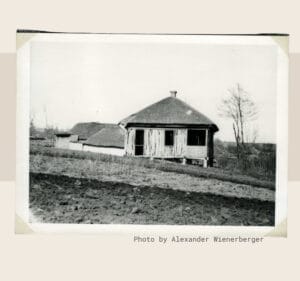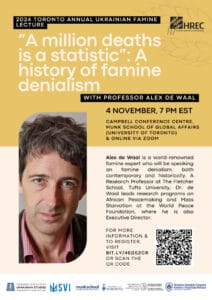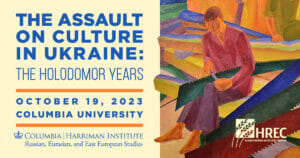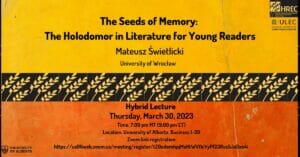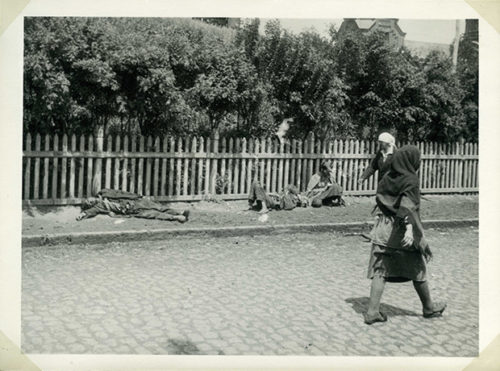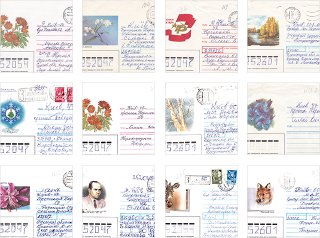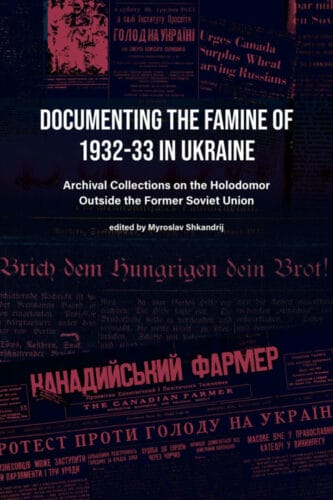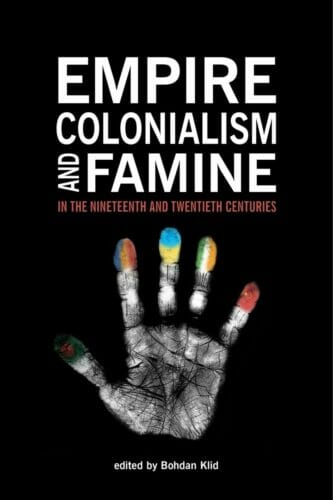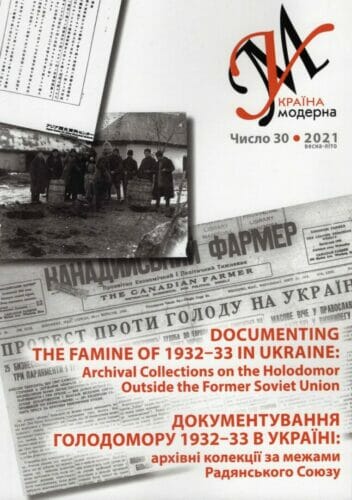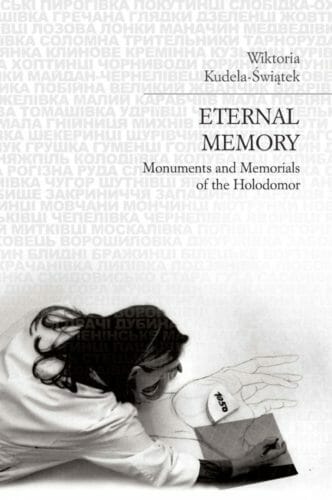Canadian Institute of Ukrainian Studies
University of Alberta
Canadian Institute of Ukrainian Studies
University of Alberta
The Holodomor Research and Education Consortium (HREC)
promotes the research, study, and understanding of the Holodomor – the Famine in Ukraine of 1932-33. HREC was established in 2013 by the Temerty Foundation at the Canadian Institute of Ukrainian Studies (CIUS), University of Alberta. The HREC mandate is carried out by staff in a Toronto office, CIUS staff in Edmonton, and researchers in Ukraine.
Announcements
-

New Online Course — Famine as Genocide in the 20th Century: The Case of the Holodomor
The Holodomor Research and Education Consortium (HREC) announces the launch of its new online course titled Famine as Genocide in the 20th Century: The Case of the Holodomor on March 23, 2026. The 13-module course will be accessible at no cost on the Coursera platform, offering a vital resource for scholars, students, and the public […]
Read more -

How to Hide a Famine – The Holodomor as History and Heuristic
The Toronto Annual Ukrainian Famine Lecture will take place on November 10 (Monday), 7 PM, in-person in the Campbell Conference Facility, Munk School, 1 Devonshire Place, Toronto and online via Zoom. This year’s speaker is Dr. Henry Prown, the Temerty Postdoctoral Fellow in Holodomor Studies at University of Alberta (2022-25), a specialist in the relationship […]
Read more -

HREC Research Grants 2025-2026
The HREC Research Grants Competition aims to expand knowledge and understanding of the Holodomor by supporting academic research, publishing research results, preserving materials, and organizing and participating in academic venues. Examples of research that could be supported include the policies of foreign governments during collectivization and the Holodomor; the Holodomor at the national and sub-national […]
Read more -

HREC announces prize winner of 2025 Conquest Prize
The winners of the 2025 Conquest Prize for Contribution to Holodomor Studies are Andrei Markevich, Natalya Naumenko, and Nancy Quian for their article “The Causes of Ukrainian Famine Mortality, 1932-33,” published by in Review of Economic Studies (September 2024). A jury of eminent specialists determined the winner of the $2500 CAD prize which is awarded […]
Read more -

Toronto Annual Ukrainian Famine Lecture
The Toronto Annual Ukrainian Famine Lecture will take place on November 4 (Monday), 7 PM, in-person in the Campbell Conference Facility, Munk School, 1 Devonshire Place, Toronto and online via Zoom. This year’s speaker is Alex de Waal, a world-renowned expert on famine, who will be speaking on famine denial throughout history. n-person in the […]
Read more
OUR DIVISIONS
The HREC Research component conducts and promotes research on the Holodomor and related topics and engages scholars and institutions across disciplines through conferences, grants competitions, fellowships, translation and publication programs, and other initiatives.
The HREC Education component furthers the study and teaching of the Holodomor through six streams: resource development, educator training workshops, presentations, outreach, promotion, and consulting. HREC ED promotes the inclusion of the Holodomor in curricula and at educational institutions through a multidisciplinary approach that encourages the development of critical and historical thinking skills. HREC ED develops instructional materials and trains educators across Canada, the USA, and Ukraine in best practices for teaching the Holodomor and works with ministries of education, school boards, administrators, and history and social studies curriculum leaders.
